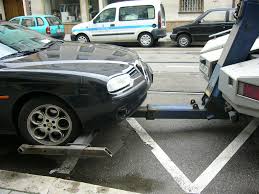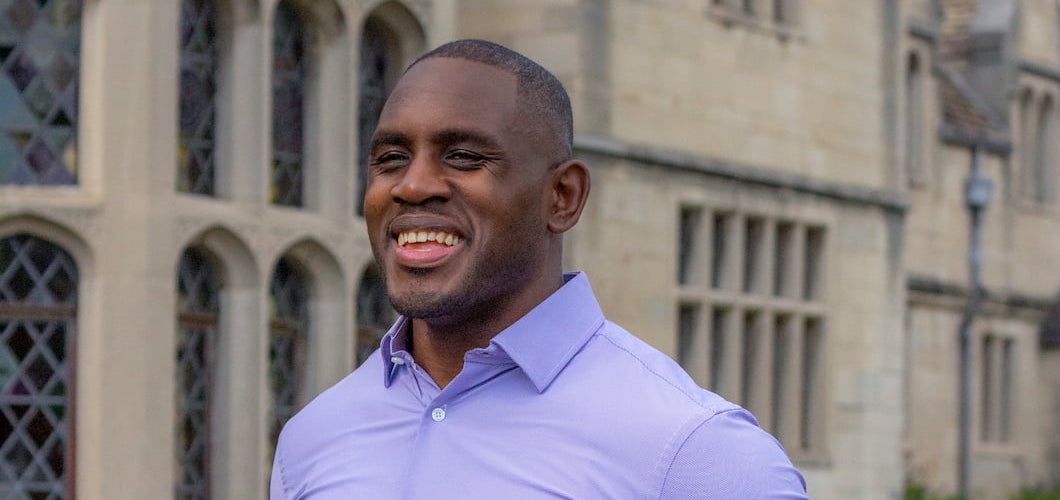I spent most of my life poor and bad with money because I grew up in poverty.
Growing up in poverty is tough.
I lived on food stamps and government health care. I didn’t even know people were poor until I got to high school.
Everyone talks about surviving in an environment with crime and violence, but they often fail to mention something that makes a tremendous difference in your quality of life.
When you grow up in poverty, there are–by definition–no examples of healthy financial habits. Because of where I grew up, I absorbed the same financial habits as everyone around me. Unless I took some drastic steps to learn about money, I was doomed to remain in this environment.
I’m from the ghetto and in the ghetto, everyone is broke.
This post is going to teach the worst financial habits I learned growing up and how I broke them.
I was born poor. I spent my entire childhood and a large portion of my adulthood poor. But I worked hard and learned how to improve my financial habits.
I had almost every problem on this list. I was broke but I learned why. Then I fixed them as well.
Check out the rest of my articles on living in the hood
1) The future is a foreign concept to you
If there’s an 80/20 reason why you’re broke, it’s because you can’t conceive this thing called “the future.” The inability to save money or purchase things of value all stem from this basic problem.
Poor people stay poor because they can’t imagine a result that is not instantaneously gratifying. The better you are at considering the future, the better you are at planning for it.
The inability to plan for the future is such a strong predictor of your likelihood to remain poor that it’s been shown that languages which make the speaker separate from the idea of the future make the speakers more likely to be in debt, overweight, and smoke.
From a Ted Talk by economist Keith Chen:
While “futured languages,” like English, distinguish between the past, present and future, “futureless languages” like Chinese use the same phrasing to describe the events of yesterday, today and tomorrow. Using vast inventories of data and meticulous analysis, Chen found that huge economic differences accompany this linguistic discrepancy. Futureless language speakers are 30 percent more likely to report having saved in any given year than futured language speakers. (This amounts to 25 percent more savings by retirement if income is held constant.) Chen’s explanation: When we speak about the future as more distinct from the present, it feels more distant — and we’re less motivated to save money now in favor of monetary comfort years down the line.
There is no direct fix for this because time is such an abstract concept. The best you can do is treat the symptoms of the disease. Like most treatments, this will provide an improved standard of living.
2) You think you deserve better
Poor people love to tell you about how they “deserve” better.
Instead of working for it, they’d rather finance it or pay for it with credit. Of course, every creditor knows this and extends lines of credit to people who shouldn’t have it.
I watched my cousin get a car he couldn’t afford on 2 separate occasions because of these “Everyone is approved” type places.
I’m not saying it’s the car dealer’s fault for loaning to people who can’t afford it–it is just business, after all. I’m saying that the world does nothing to disincentivize stupidity, and a lot of people stay poor because of their stupidity.
Of course, he defaulted on the loan and got the car repossessed both times.

There’s nothing wrong with believing you deserve nice things. The problem is when you refuse to do the work to get them and take shortcuts instead.
This keeps you poor because not only does this never work, you don’t learn any skills to actually earn nice things. You’ll just sulk, get jealous, live beyond your means or worse, commit a crime to acquire what you think you deserve.
3) You think you know it all
This is the biggest reason I stopped giving useful advice to my family. In case you missed it, I’ll tell you a little about myself. I was:
- Born in the projects
- (Effectively) raised by a single parent
- Became an alcoholic, but…
- Got it all together to earn a physics degree
- Wrote a book
- Learned to make money online
- Boxed professionally at a high level.
I haven’t slept in a public housing project in 17 years.
I made it out. I know what it takes. I know this shit ain’t easy and I’m actually in a position to help. However, do you know how often someone from my family has not only reached out for my help (of a non-monetary nature) AND taken it? None.
Do you know how often I’ve heard the response “I know” when I try to give unsolicited advice that a person REALLY needs to hear? Every. Single. Time.
For my sanity and the preservation of these familial relationships, I have learned to simply stop trying to help.
I’m the only member of my family to graduate from college and truly free myself from the tentacles of poverty (government assistance, living on credit, and lack of work skills) but no one ever takes advantage of the incredible resource that I am to them.
4) Ironically, you want to avoid suffering
Broke people always do just enough to be broke.
I don’t mean this in a purely mathematical sense like working just enough hours during the week to pay their bills. No, what I mean is that broke people stay broke because they want everything easy.
If it’s not easy, they won’t do it.
Difficult things are inherently unpleasant. Completing them is the only way to make a better life for yourself.
You’re going to suffer, regardless of which path you take. I think about a friend of mine who claimed he wanted to enlist in the military to get his life together (in a similar fashion to me).
He didn’t do it, so as a result, his life is very difficult because he has no skills and no work ethic.
Comparatively, I really hated basic training. It wasn’t so much the physical training, but rather it was the restrictive, hot, monotonous environment.
I wanted to be anywhere else but there. But I knew (or I felt) that this was better for me in the long run.
Because I endured 10 weeks of basic training, my life changed and it set me up for where I am now. I suffered through my boxing training and physics classes because I figured it would give me more options.
I suffered then to set myself up for now.
Avoiding discomfort now always causes you to suffer later. Poor people never get this.
5) You can’t communicate at a basic level for 5 minutes
Communication is key. It allows you to interact with a majority of the world.
This communication is not about speaking in the same style as the majority. That helps, but it’s not particularly important.
What makes a difference is your ability to control your temper and nonverbal cues. If people have said that you look annoyed, you roll your eyes, or you raise your voice when dealing with normal people, you’re probably poor.
If you can’t take constructive criticism without losing your temper, there is no way you’ll ever become better than what you currently are.
You’ll likely stay that way because you tell them you don’t when people tell you that you do that. Because you know it all, deserve to be talked to like you’re special, and it would be uncomfortable to change and become an effective communicator
The easiest way to stop being poor
I tell this to everyone who will listen. I tried telling this to my family. Now I’ll tell it to you. The simple 5 step plan to stop being poor:
- Make a plan
- Stick to it no matter what
- Listen to advice on how to better execute your plan
- Suffer for what you want
- Stay humble and ready to learn from everyone
That’s the easiest way not to be poor. The rest is up to you.




